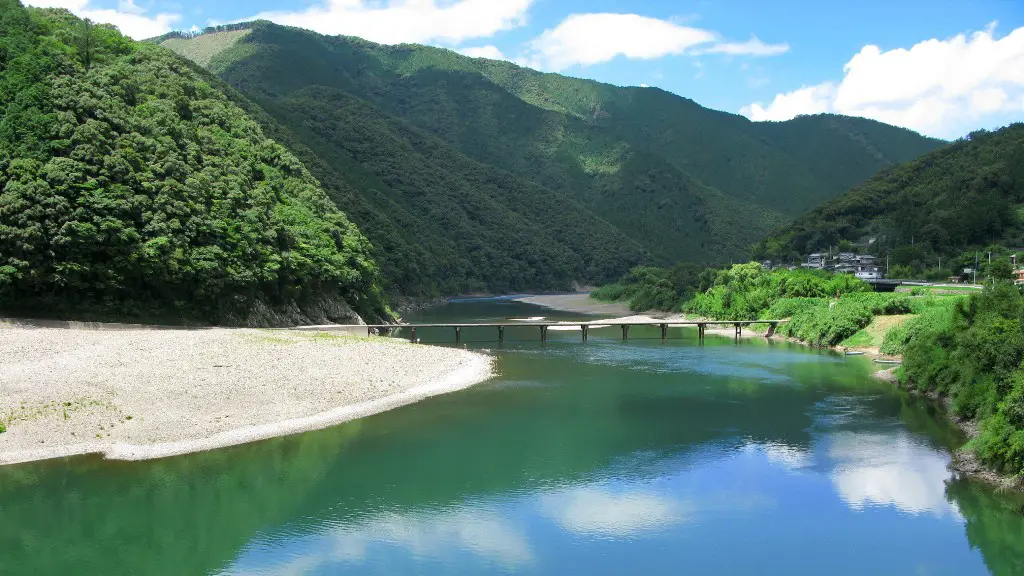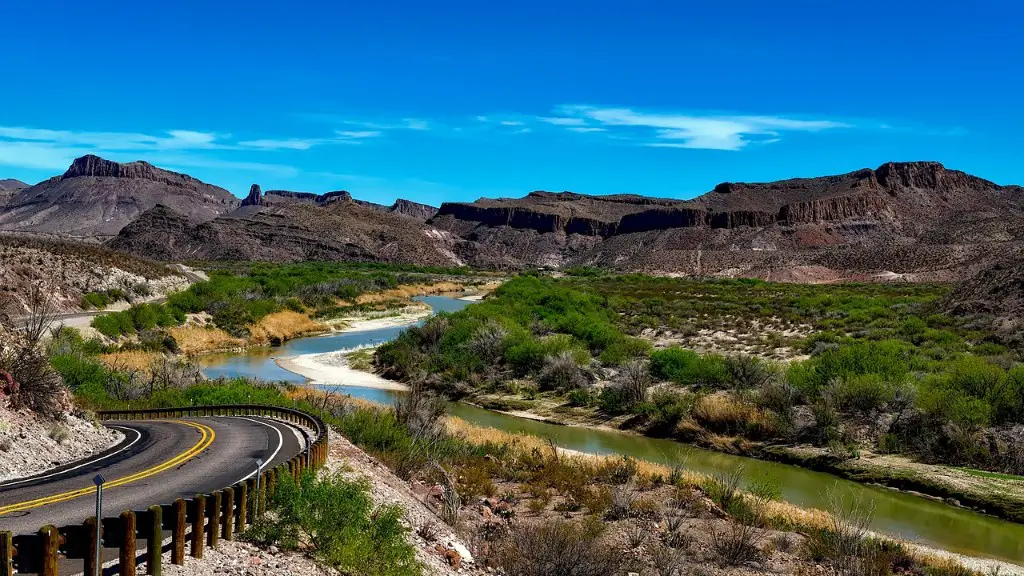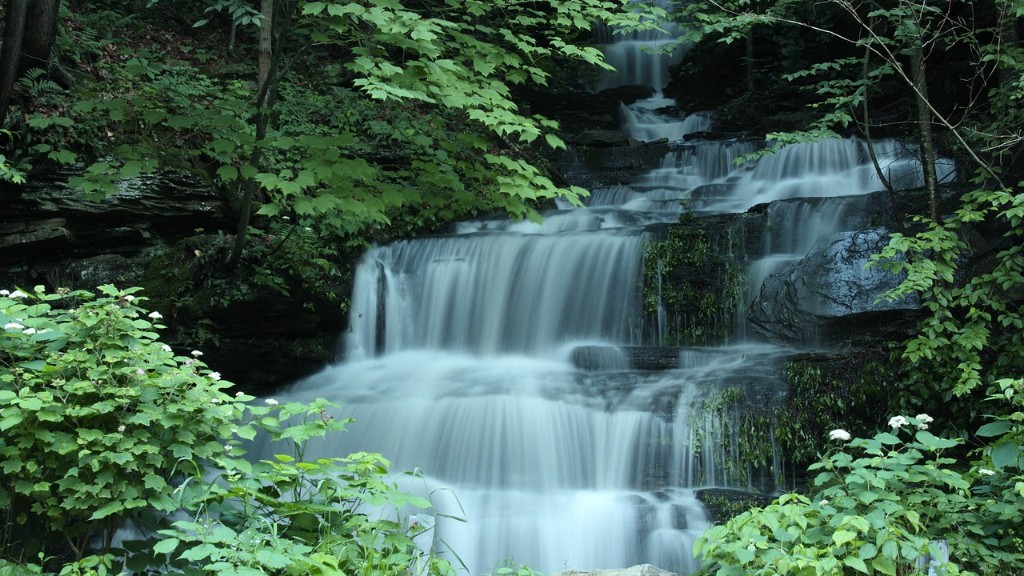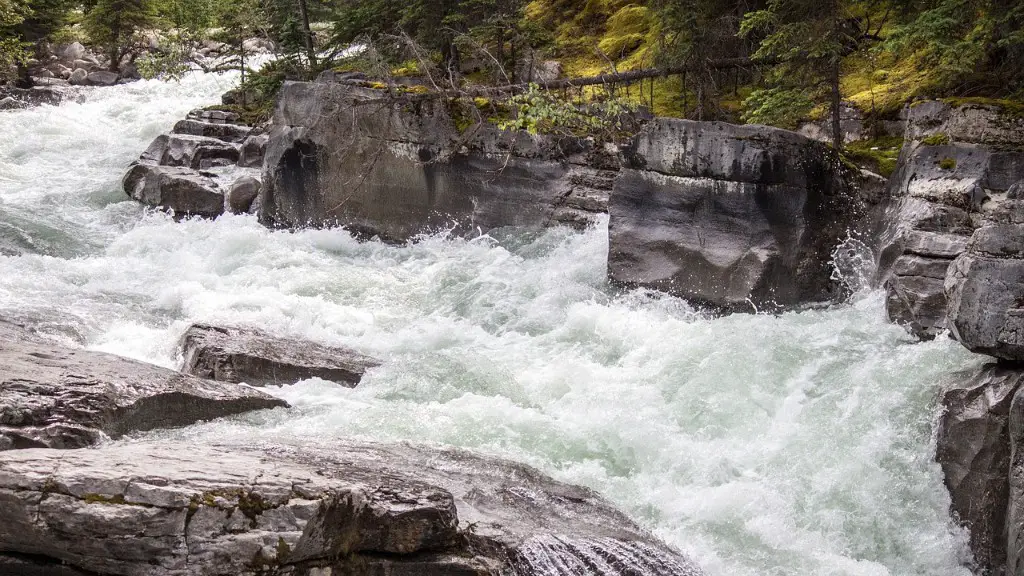The Mississippi River has been attributed many titles in its history. Names such as the Father of Waters, the Mother of Democracy, America’s Main Street, the Front Door of the United States, and the Great River all help to explain its global importance. Not only is Mississippi is the largest river system in North America, it is also the fourth longest river in the world and the most influential bodies of water in North America.
This river provides water, transportation, and recreation to millions of people and supports a wide variety of business and industry. In addition, the Mississippi River has been responsible for much of the pioneering exploratory work done by generations of Native Americans, traders, settlers, and adventurers. In particular, the mighty river helped to shape the development of the United States by playing an important role in the expansion of agriculture, commerce, and transportation.
The first people to explore the Mississippi River were native Americans who used the river as an important trade route for thousands of years. It was also the first highway for European fur traders and many of the early settlers who used the river to explore and travel west in search of new opportunities.
Today, the Mississippi River is a vital source of water and transportation for millions of people across the United States. Its vast network of tributaries and channels has allowed farmers, fisherman, traders, and entrepreneurs to develop the Midwest and, in turn, the entire nation. Its importance as part of the physical, cultural, and economic infrastructures of the United States cannot be overstated.
One of the most important aspects of the Mississippi River is its role in providing Fresh water to its surrounding watershed. The river serves as the main source of water for drinking and industry along its banks and serves as an aquatic highway for commercial and recreational activities. The Mississippi River basin is the second largest watershed in the United States and provides drinking water for over 30 million people.
In addition to providing vital water and transportation services, the Mississippi River is also an important resource for recreation, aesthetic beauty, and wild life protection. Thousands of miles of its banks provide visitors with a chance to fish, kayak, and camp in some of the most beautiful areas of the country. The Mississippi also serves as an important habitat for endangered species and provides economic opportunities to locals along its banks.
Overall, the importance of the Mississippi River can be seen in its many uses and its impact on the ecology, economy, and culture of the United States. It has been an essential part of the development and expansion of agriculture, commerce, transportation, and even recreation. Furthermore, the river’s immense size and its many tributaries have allowed millions of American’s access to fresh drinking water, recreation, and trade. It continues to be a crucial part of American life and culture today.
Political Influence
In addition to providing important economic, ecological and cultural benefits, the Mississippi River has also been a key political influence since the early 19th century. After the Louisiana Purchase in 1803, the Mississippi became a highly prized navigational asset and an important international border. This political significance grew over the coming decades, leading to the “Battle of New Orleans” during the War of 1812 and the establishing of the port cities of St. Louis and Memphis as major population centers in the West.
The power of the Mississippi River’s political influence was also exemplified by its role in the Civil War. During the war, control of the river was a strategic imperative for both Confederate and Union forces, with battles for control of forts along the river’s banks and boats plying across the river tactical advantages for either side. In particular, the river served as de facto boundary between the Union and the Confederacy, acting as a powerful symbol of the political and ideological divisions at play during the war.
Today, the Mississippi River continues to be an important political force and its economic and environmental impact are still highly significant. For example, the river currently serves as a crucial source of renewable energy, despite being over 150 years old. Moreover, the political implications of regulation and management of the river’s resources and the tension between ecological preservation and the needs of business owners, fishers, and other stakeholders are still highly important.
Social Significance
The Mississippi River has held special significance in American culture since the earliest days of European settlement in North America. Its vastness, its wildness and its promise of a new world far west of the original thirteen colonies made it an alluring symbol of freedom and opportunity to generations of early Americans. Its unforgiving beauty was idealized in works like Mark Twain’s “Huckleberry Finn” and James Fenimore Cooper’s “The Deerslayer.”
The Mississippi River has also been an important source of inspiration for music. Traditional folk songs, blues and gospel tunes, and even country and rock songs are all inspired by the river’s unique spirit. Jazz, in particular, was born along the river banks by African Americans looking for new forms of expression. Many of the great jazz musicians of the early to mid 20th century sang and played songs inspired by life along the river.
The Mississippi River has been the site of numerous novels, poems and films as well, from “Showboat” and “The Adventures of Huckleberry Finn” to “The Mississippi Gambler” and “The Adventures of Tom Sawyer.” It has been an important source of artistic inspiration for Americans, who find solace and purpose in its beauty and size. For many years the Mississippi River has been and continues to be an important source of creative energy for songwriters, authors, musicians, and filmmakers.
The Mississippi River has a special place in the collective memories of Americans. It is the backdrop for our stories, the site of our imaginations and the border of our dreams. Whether as a source of inspiration, an economic engine, a political symbol, or an ecological treasure, the Mississippi River serves as a powerful reminder of the power and importance of nature to our nation and our culture.
Economic Impact
The Mississippi River has been responsible for much of the economic growth and development across the American Midwest and Great Plains regions since the 19th century. Its vast network of tributaries and channels provided an important transportation route for the early pioneers of Midwestern agriculture and industry, with crops, lumber, and other raw materials being shipped downstream to larger markets along the East Coast. Moreover, the river has been an important source of energy and power for many businesses and industries over its long history.
Today, the Mississippi River is still an important source of water and transportation for the Midwest’s agricultural and manufacturing industries. Its tributaries provide drinking water and irrigation for thousands of farms and its channels provide transport for factories and other commercial enterprises. Moreover, the Mississippi River is an important part of the economic development of the entire area, with billions of dollars flowing through its banks each year.
In addition to its commercial importance, the Mississippi River is also a major source of employment for hundreds of thousands of people, both directly and indirectly. Direct employment includes jobs in transportation and shipping, while indirect employment comes from supporting industries such as tourism, leisure, and recreation. Given the positive economic impact of the river, it is unsurprising that many towns and cities have grown up along its banks.
In recent years, the Mississippi River has become an increasingly important part of the national economy. There is now a growing demand for eco-tourism and recreational services along the banks of the river, with more people seeing the Mississippi as an important source of recreation and education. As such, the Mississippi River remains an important economic asset to the entire United States.
Environmental Impact
The repercussions of humans’ interactions with the Mississippi River extend far beyond its economic and social significance. In particular, the ecological impact of the river’s evolution and use has been significant. Over the centuries, the river has been subject to significant changes in its hydrology, flow and volume, which has had profound implications for the biodiversity of species living in and around its banks.
The changing ecologies of the Mississippi River have reduced the populations of several species of fish, waterfowl, and plants, while also decreasing the amount of wetlands in its tributaries. In addition, the river’s water quality continues to suffer due to ongoing industrial and agricultural pollution. The combination of these factors has had a significant impact on the overall health of the river and the ecosystems it supports.
In order to protect the health of the Mississippi River and its watershed, it is vital that individuals, businesses and communities work together to reduce their impact on the river’s ecosystem. This includes reducing pollution from runoff, conserving water and reducing energy consumption. Likewise, it is important for all stakeholders to create and follow conservation guidelines for the river and its tributaries, ensuring that it remains a viable economic, social, and environmental asset for future generations.
Conservation
As the Mississippi River continues to face challenges from human impacts and climate change, conservation is increasingly important for this important source of water and life. The river’s immense size, shallow depth, and expansive waterways make it particularly vulnerable to anthropogenic and climate-induced changes in its flow patterns. As such, it is absolutely essential to ensure that all stakeholders do their part to maintain and protect the river and its vital resources.
Among the most important conservation efforts is the implementation of policies and regulations that ensure the sound management of the river and its tributaries. This includes the controlling and monitoring of pollutants, as well as the development of water conservation plans and sustainable management of areas surrounding the river. Moreover, it is important to ensure that public education programs are in place to ensure that communities and businesses understand their responsibilities in preserving the river’s health.
Furthermore, it is essential that those living in and around the Mississippi River take great care in their activities, ensuring that they do not cause further harm to the waterways, ecology, or habitats along its banks. Such activities can include using sustainable fishing practices, reducing boating pollution, and managing recreational activities that may cause damage to the river.
The Mississippi River continues to be an incredibly important source of life, hope and opportunity in the United States. As a result, it is essential that all stakeholders work together to manage and protect the river, making sure that it remains a source of pride and inspiration for future generations.





